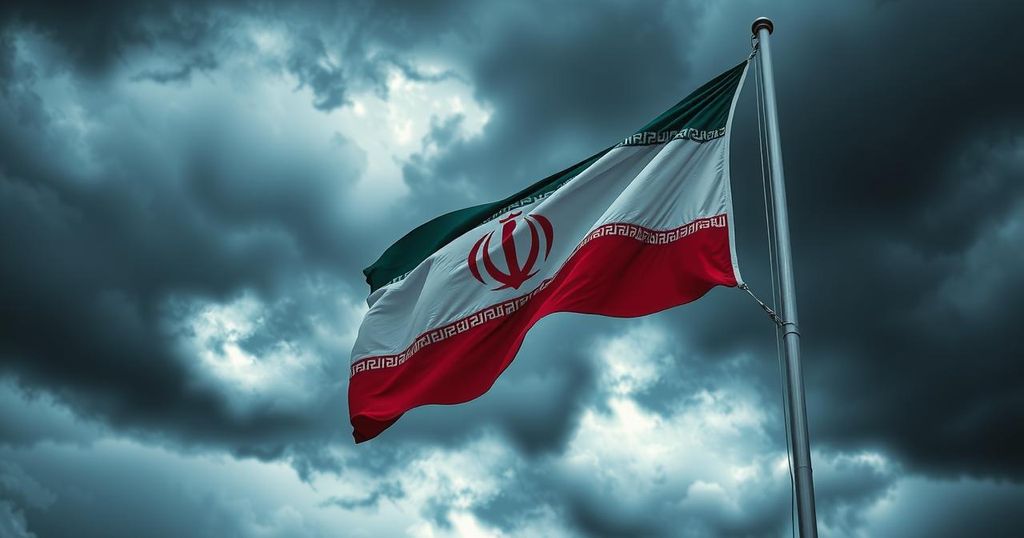The cut in U.S. aid threatens TB treatment services in Nigeria, creating a funding gap. With a required $404 million for 2025, disruptions are likely without alternative funding. The Global Fund faces substantial funding limitations as Nigeria’s reliance on international donors continues. There is a crucial need for domestic investment to sustain TB treatment initiatives and combat drug-resistant TB.
The recent reduction in U.S. aid threatens Nigeria’s tuberculosis (TB) treatment capabilities, exacerbating an already significant funding gap. It has been reported that $404 million is necessary to sustain TB services in 2025, and without alternative funding sources, disruptions to TB programs may occur. A shortfall of $5 million has arisen from January to March 2024 due to the executive order from the U.S. government.
The Global Fund, a crucial partner in Nigeria’s TB response, allocated only $89 million for 2025, drastically decreasing to $16 million for 2026. This restriction forces Nigeria’s health authorities to reassess their aim to identify and treat 499,000 individuals in 2024 as resources for this endeavor have already been prematurely exhausted. Consequently, some drugs intended for 2025 are already in use, raising concerns over potential shortages.
However, Mr. Tajudeen Ibrahim, Executive Secretary of the Country Coordinating Mechanism (CCM) for the Global Fund, indicated that no immediate drug crisis exists. He asserted that the aid cut affects case-finding initiatives only in 18 states, where U.S. support coincides with Global Fund programs, while services in the remaining states continue to receive adequate funding from the Global Fund.
Nigeria’s tuberculosis response heavily relies on international aid, as domestic contributions remain insufficient. From 2018 to 2023, local funding for TB services ranged only between 6 to 8 percent, while international sources fluctuated from 16 to 32 percent. Funding gaps have consistently reached around 70 percent as of 2023, emphasizing the critical need for more substantial domestic investments.
According to the Federal Ministry of Health, approximately 50 percent of Nigerian health facilities are equipped to provide TB treatment, yet only 48 percent of local government areas have access to GeneXpert MTB/RIF machines for diagnosis. TB continues to pose a significant public health threat in Nigeria, as reflected by the 2024 WHO Global TB Report, which ranks Nigeria as the foremost nation in Africa and sixth globally among high-burden TB countries.
Despite these issues, Dr. Godwin Ntadom from the Federal Ministry of Health noted that Nigeria reached its highest TB notification rate in 2024, successfully identifying over 400,000 of the estimated 506,000 cases, equating to a treatment coverage of 79 percent. There has also been significant progress in identifying TB cases among children.
Yet, Dr. Ntadom cautioned that numerous undiagnosed TB cases contribute to community transmission, and issues surrounding drug-resistant TB persist due to inadequate treatment enrollments. World Tuberculosis Day, celebrated annually on March 24, aims to raise awareness and mobilize efforts towards eradicating TB. This year’s theme emphasizes the commitment required from all sectors in Nigeria’s TB battle.
The urgency for increased domestic funding is echoed by the Stop TB Partnership Nigeria, emphasizing local investment’s essential role in combating TB as donor aid diminishes. Dr. Queen Ogbuji-Ladipo, Acting Board Chair of the partnership, highlighted the critical phase within Nigeria’s TB response, imploring policymakers and stakeholders to advocate for increased domestic resources. She echoed the collective effort needed to push for robust policies focused on TB prevention, detection, and treatment, declaring, “Let us work together, push for stronger policies, and drive initiatives that focus on TB prevention, detection, and treatment.”
In conclusion, the reduction of U.S. aid poses a significant threat to TB treatment services in Nigeria, highlighting the urgency for alternative funding sources. The reliance on international support remains critical, particularly as domestic contributions are alarmingly low. While Nigeria has made impressive strides in TB detection and treatment coverage, the continued challenges of funding shortages and drug-resistant tuberculosis necessitate immediate advocacy for enhanced local investment. The collaboration between all sectors is vital to sustain ongoing efforts to combat this public health threat effectively.
Original Source: leadership.ng




